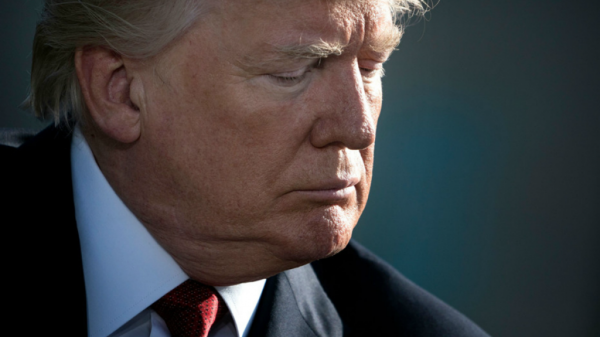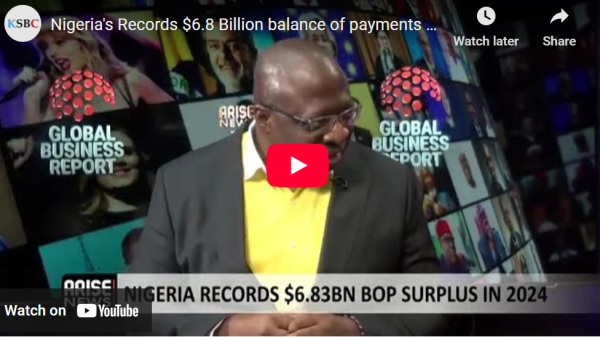The decision, which took immediate effect, has sparked discussions about its implications for Nigeria’s energy sector and the broader economy.
The naira-for-crude arrangement, introduced on October 1 2024, allowed local refiners to purchase crude oil in naira instead of dollars. The initiative was designed to support domestic refining capacity, reduce reliance on imported petroleum products, and stabilize the local currency by easing pressure on foreign exchange reserves.
The termination of the agreement means that Nigerian refineries, including the much-anticipated Dangote facility, will now have to source crude oil from international suppliers, paying in dollars instead of naira. This shift is expected to escalate operational costs, potentially leading to higher fuel prices at the pump.
According to sources familiar with the development, the NNPC informed local refiners that it has already committed its crude oil production to forward contracts, leaving no supply available for domestic refineries. This revelation comes despite reports that Nigeria’s crude output has increased since the deal first began.
The suspension has raised concerns among industry stakeholders, particularly for the Dangote Refinery, which is poised to become one of Africa’s largest refining facilities.
The refinery, owned by billionaire Aliko Dangote, has been a key beneficiary of the naira-for-crude deal, as it relies on locally sourced crude to meet its refining needs. Analysts fear the suspension could delay the refinery’s operational timeline and increase costs.
Other private refiners, including Waltersmith Petroman and BUA Refinery, are also expected to feel the impact. The deal had provided them with a cost-effective way to secure crude oil feedstock, enabling them to compete with international players.
Economists have warned that the suspension could have ripple effects on Nigeria’s economy. The naira has already faced significant pressure in recent months, and the removal of this dollar-saving mechanism could exacerbate the currency’s volatility.
Additionally, the move may hinder efforts to achieve self-sufficiency in petroleum production, a key goal of the federal government.


















































